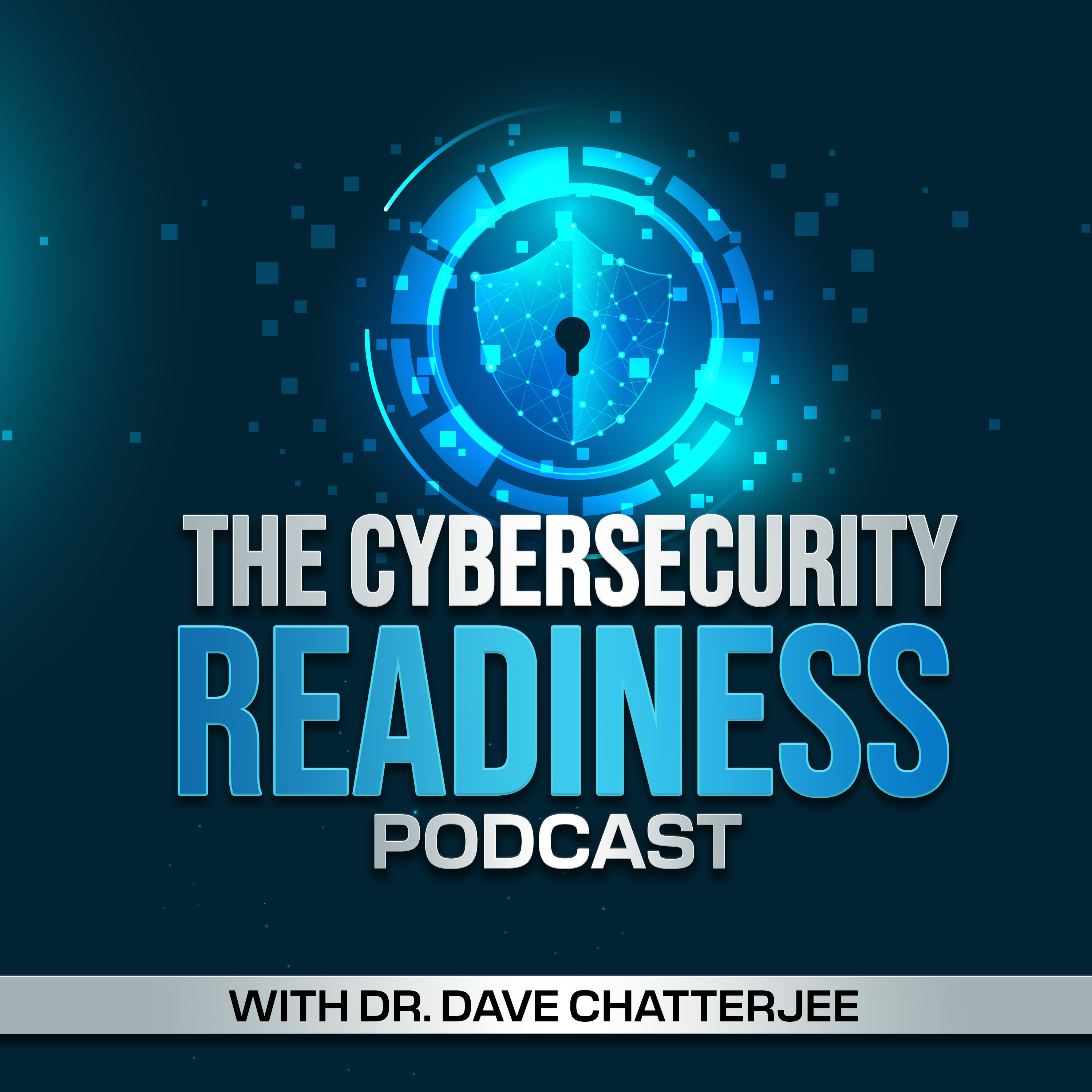Episode 48
Implementing Secure and Fast Authentication Processes
Traditional authentication methods are outdated and need many layers of code, which can take time and resources away from developer teams. If developments like FIDO2, WebAuthn, and passkeys are to be the cornerstones of a passwordless future, then every application (not just Apple, Google, and Microsoft) needs an easy way to adopt these methods and weave them into current user authentication flows. Slavik Markovich, Co-founder and CEO, Descope, discusses current and future authentication trends and the importance of building a low-code/no-code passwordless authentication solution for app developers.
To access and download the entire podcast summary with discussion highlights --
https://www.dchatte.com/episode-48-implementing-secure-and-fast-authentication-processes/
Connect with Host Dr. Dave Chatterjee and Subscribe to the Podcast
Please subscribe to the podcast, so you don't miss any new episodes! And please leave the show a rating if you like what you hear. New episodes release every two weeks.
Dr. Chatterjee's Professional Profile and Media Kit: https://tinyurl.com/bdenv88p
Connect with Dr. Chatterjee on these platforms:
LinkedIn: https://www.linkedin.com/in/dchatte/
Website: https://dchatte.com/
Cybersecurity Readiness Book: https://www.amazon.com/Cybersecurity-Readiness-Holistic-High-Performance-Approach/dp/1071837338
https://us.sagepub.com/en-us/nam/cybersecurity-readiness/book275712
Latest Publications:
https://www.imd.org/ibyimd/magazine/preventing-security-breaches-must-start-at-the-top/
Latest Webinars:

